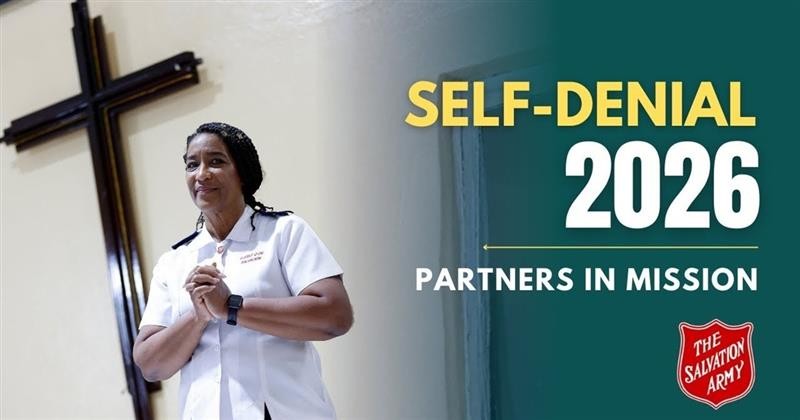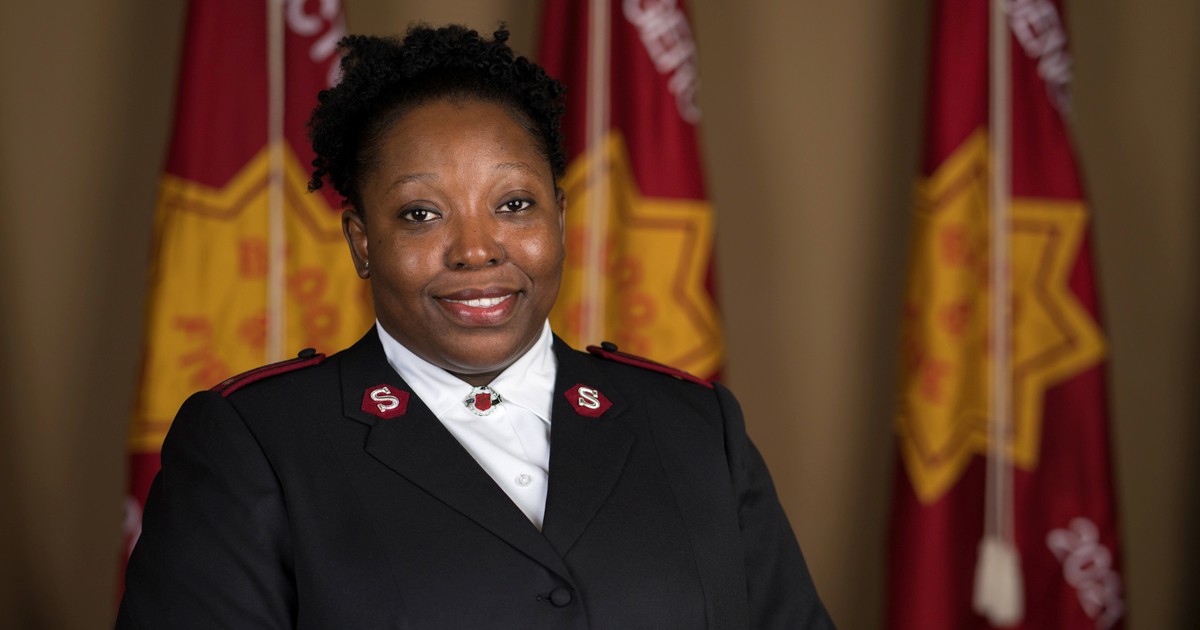I'm told that more people fear public speaking than snakes. Which is a little bit odd. I mean, when was the last time you saw someone walking through the jungle just stop and yell, “Look out! A microphone!”?
I have some fears of my own. I have a fear of speed bumps. But I’m getting over it. (Forgive me. That was pretty bad.)
I have some fears of my own. I have a fear of speed bumps. But I’m getting over it. (Forgive me. That was pretty bad.)
Talking Points
One thing that scares many Christians is talking about faith. I can get rather uptight during discussions with people who don’t share my view of the world. But I’ve discovered an unusual tool that has helped. It’s called humour. If a soft answer can turn away wrath, often a humorous answer can turn a skeptic into a listener.
Evangelist Chuck Colson once told of a man who asked a Christian friend what the Bible said about talking to the dead. His friend’s answer caught him off guard: “It says you should speak very loudly because the first thing that goes when you’re dead is your hearing.”
His non-Christian friend loved the answer. Humour was the last thing he expected. And once he stopped laughing, he listened to the reasons why the Bible condemns this practice.
The popular writer Eric Metaxas believes humour is a dynamite way to reach the modern mind. In an increasingly polarized culture where some consider Christians to be unpleasant people, humour puts them at ease and makes them more willing to listen. Metaxas says that in the same way that the Apostle Paul looked for a familiar starting point in talking to the ancient Athenians, people who have faith can find ways—including humour—to reach their neighbours who don’t.
Caring and Listening
He’s right. Many of us know too many people who have been turned off by long-faced Christians who take themselves far too seriously. But can you name someone who refused to listen to someone who made him or her laugh?
While flying from city to city on a book tour in the United States, I found myself seated beside a psychologist. Within five minutes, he’d diagnosed me as a Christian.
“I’ve had bad experiences with Christians,” he confided.
“Really?” I said, shaking his hand. “Me, too!”
The result was a four-hour conversation about Jesus. I came to understand that day that what people so often need is to see a sermon, not hear one. They need a fellow pilgrim who cares about them. One who listens.
To Love and Be Loved
A simple story had a profound impact on me. Two neighbours were as different as day and night. One was a conservative, the other a liberal. One was a solid Christian, the other wouldn’t darken a church door even for bingo. But for some reason they got along. They knew that discussing politics or religion was a sure-fire formula for disaster, so they talked about their marriages, their kids—and they laughed together. When the non-Christian’s wife was diagnosed with cancer
and died in three short months, it was his Christian neighbour who stepped up.
The husband wrote about the night of his wife’s death: “I was in total despair. I went through the funeral preparations and the service like I was in a trance. And that night after the service, I just wanted to be alone. I left and went to a path along the river and walked all night. But I did not walk alone. My neighbour, afraid for me, I suppose, stayed with me all night. He did not speak; he did not try and get me to go home. He just followed me. When the sun finally came up over the river, he came up to me and said, ‘Let’s get some breakfast.’
“I go to church now, my neighbour’s church. I don’t really like the pastor’s politics sometimes. But a religion that can produce the kind of caring and love my neighbor showed me is something I want to be involved in. I want to be like that. I want to love and be loved like that the rest of my life.”
We may not have all the answers, but each of us has ears that can listen, hands that can help and a face that can break into a smile. So, as St. Francis of Assisi reportedly once said, let’s “preach the gospel all the time; if necessary, use words.”










Leave a Comment